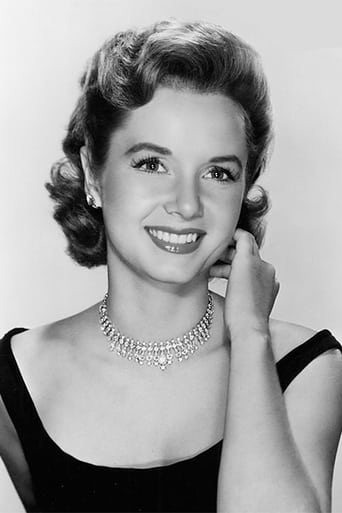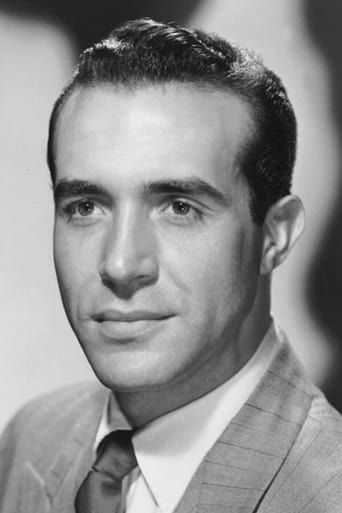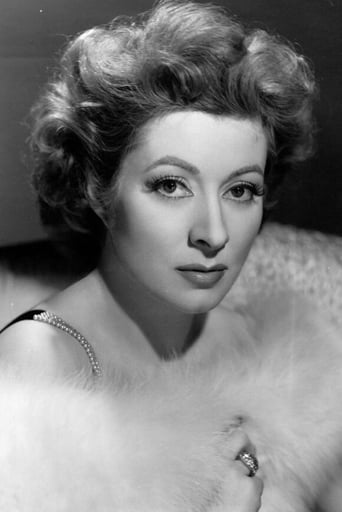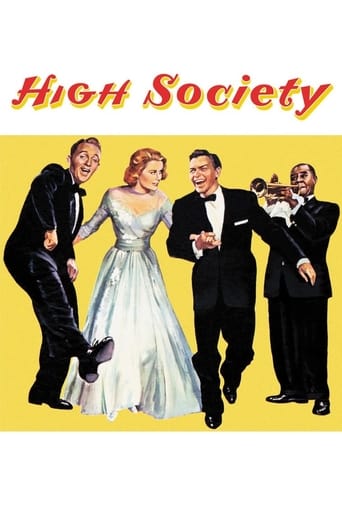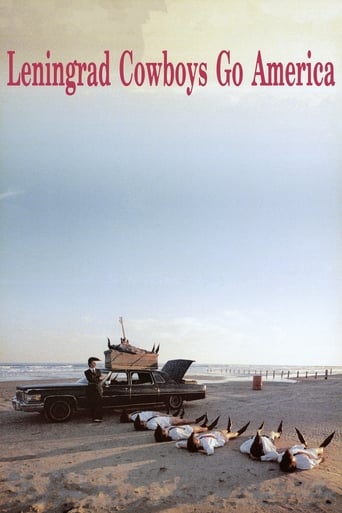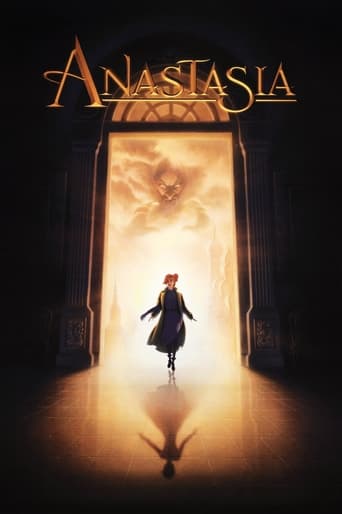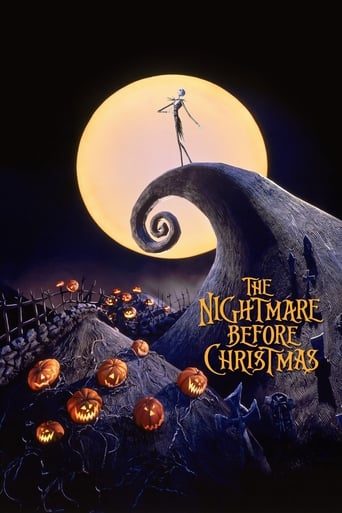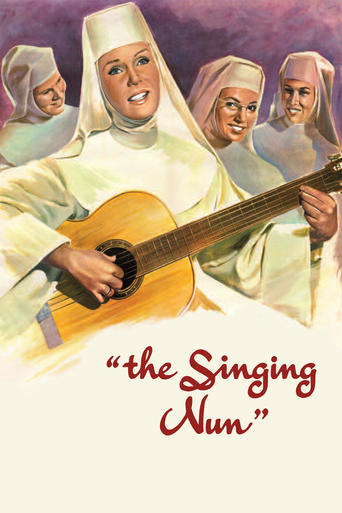
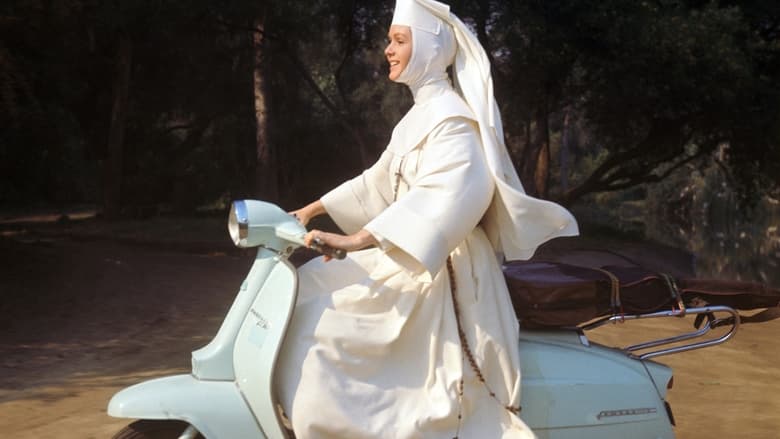
The Singing Nun (1966)
Belgian nun Sister Ann is sent to another order where she's at first committed to helping troubled souls, like Nichole and little Dominic. When Father Clementi hears Sister Ann's uplifting singing style, he takes her to a talent contest. Sister Ann is signed to a record deal and everyone is listening to her lighthearted songs. She is unprepared for her newfound fame (like appearing on The Ed Sullivan Show) and unwanted side effects, including a wrongful attraction to an old friend.
Watch Trailer
Cast
Similar titles


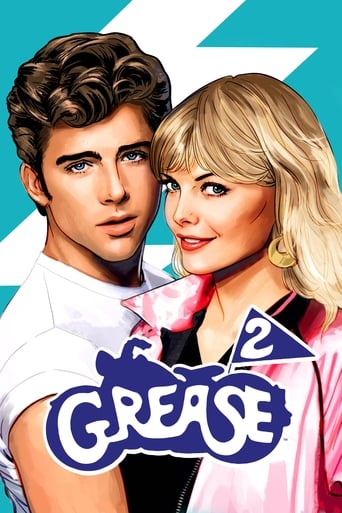
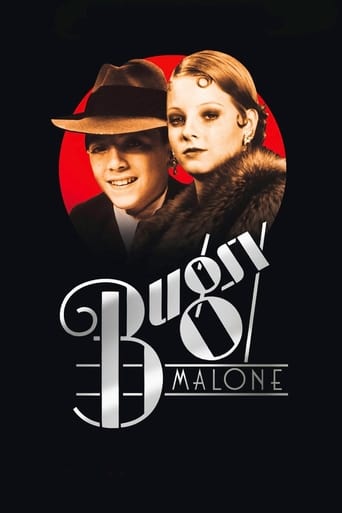
Reviews
I gave it a 7.5 out of 10
Crappy film
A different way of telling a story
The thing I enjoyed most about the film is the fact that it doesn't shy away from being a super-sized-cliche;
BEWARE OF FALSE REVIEWS & REVIEWERS. SOME REVIEWERS HAVE ONLY ONE REVIEW TO THEIR NAME. NOW WHEN ITS A POSITIVE REVIEW THAT TELLS ME THEY WERE INVOLVED WITH THE MOVIE. IF ITS A NEGATIVE REVIEW THEN THEY MIGHT HAVE A GRUDGE AGAINST THE FILM . I HAVE REVIEWED OVER 200 HOLIDAY FILMS. I HAVE NO AGENDA!The Singing Nun is a 1966 American semi-biographical film about the life of Jeanine Deckers, a nun who recorded the chart-topping hit song "Dominique". It starred Debbie Reynolds in the title role. The film also stars Ricardo Montalbán, Katharine Ross, Chad Everett, and Ed Sullivan as himself. It was Henry Koster's final directing job.Harry Sukman was nominated for the Academy Award for Best Music, Scoring of Music, Adaptation or Treatment. Randy Sparks wrote the English translations of Jeanine Deckers' songs as well as writing a couple of original songs for the film.As for the film itself its "Worth Watching". It come across like a Disney movie from the 1960's. However in reality its about as good as a "Hallmark Christmas Movie".Debbie Reynolds does keep the film moving along. The story seems a little far fetched. I have a feeling the writer took major creative license with the facts. The story starts off as Sister Ann enters a new place of residence. Her singing catches the ear of a priest. The priest knows a record producer. Before you know Sister Ann is a huge recording artist. This spotlight however doesn't blind Sister Ann to her calling. Debbie Reynolds was an ideal choice to play sister Ann. However Agnes Moorehead plays a Nun Version of Endora. Now I am not a Catholic and I not a "Born Again Christian" but I like the film but not enough to want to see it again for a long time. It was nice however to see Nuns in a positive light.
I agree that Debbie sings some of the best musical numbers of her career, and between the songs in "Bundle of Joy" and "The Singing Nun" I'll take "The Singing Nun".Just as the film "Jeannie Eagels" is a fantasy very loosely based on the life of ill-fated actress Jeannie Eagels and as such basically only got one or two facts straight, so does "The Singing Nun" stretch reality and we wretch. Stretch and Wretch.On the other hand, if we accept these films as the fiction they are, then they become good "moral" stories. And so "The Singing Nut" Debbie Reynolds sings and dimples her way through a film that resembles reality in only the fact that a nun named "Sister Smile" actually put out an album of her songs and it caused a big flurry of worry for the Sister.Maybe some of the songs in the film were actually written by Jeanne-Paul Marie Deckers but the words for "Dominique" seem to not be the same words shown in the English translation of the song on my copy of the original album. There is a song called "Sister Adele" about her Spanish guitar which is also not the same song as the one played in the film, and another funny item is the guitar Debbie Reynolds wields happens to be a Nylon Stringed Classical guitar- A Spanish Guitar does not have a round hole, a Spanish Guitar happens to have F-Holes and steel strings.Even though this film is fiction and fantasy and ideology, I do not cringe when I see it like I do "The Sound of Music" or "My Fair Lady"- where I do not know why they bothered to write dialogue when they could have just sung those movies all the way through with no dialogue whatsoever. although the music and song in those films is overwhelming, the fact that they are nonstop though the films is also overwhelming and can only be enjoyed in very small doses. On the other hand, "The flying, er, Singing Nun" has some good acting by Anges Moorehead who is my favourite Red Headed Actress and Bey**ch, oh I just loved Agnes, she could do anything including all kinds of ethnic parts, Ricardo Montal-Khan dons a priestly habit rather than a pair of swim trunks or 23rd Century Barbarian Garb, and Katherine Ross is very good: Almost to the point that she does not resemble a girl who is heading toward prostitution, she is too squeaky-clean. Someone made a comment that all this film was missing was Bing Crosby and I agree, where was he when this was made? The main reason I like this film is because I loved the song "Dominique" as a small child - Everyone loved that song, and I mean it was everywhere when it came out. This film- Although getting the life of Soeur Sourire totally wrong, does NOT get wrong the feeling o the early 60's which I happen to remember because "I was there". I do not mean in Belgium, but in 1963, and although I grew up in southern California and not Belgium, the outdoor scenes in this film make me remember things I have forgotten for decades.One thing the film is accurate about: That a nun could write a song, record it, and it becomes not just a local hit that was apparently originally intended to be sold only locally to help the Convent, but by a set of extremely lucky circumstances this song would also become an International hit, a worldwide hit and a song of comfort after the assassination of JFK. The film does not exaggerate the impact the song had on the world, as a matter of fact, it waters that impact down a bit.Sister Anne had a different fate other than the one shown at the end of the film, but that does not matter to me: This film is fantasy, not reality: Because I want to think it could have been good like that for the real Singing Nun, but life is sometimes not as simple as shown in movies.I am looking at the artwork on and in the Album Cover and there is even a set of lithographed prints... And ultimately that art speaks about a faith that is simple, and that is the only thing that matters really, and I wish that could have been brought out in this film- But it is not, it is not even mentioned at all, and he artwork was just as important as the music.
She sings, she's feisty, she rides a scooter, she plays guitar! Debbie Reynolds dimples her way through super simplistic comedy-drama about a nun who inadvertently becomes a pop star. Based on a real-life Belgian nun who had a hit with "Dominique" (and subsequently left the church and took her own life), the film is so forgettable, your mind may flush it away before it is even over. Solid cast includes Katharine Ross, Chad Everett and Agnes Moorehead, but the "spiritual notes" are terribly phony--phonier than those in "The Sound of Music" (which it hopes to emulate). It's obviously not as good as that film, nor "The Trouble With Angels", nor TV's "The Flying Nun". ** from ****
In the early 60's, a nun, calling herself The Singing Nun, released an album of musical hymns and religious songs that turned out to strike a chord with the public. Just about everyone alive in that era still can recognize the strains of Dominique. Naturally, Hollywood chose to make her story into a movie. What they actually did was make an idealized story into a movie, pretending it is the true story. As such, the story comes off as syrupy and too much everyone's fantasy of the perfect nun. She wants only to work with children; she thinks of nothing but her service to the church, she actually rails against abortion in the film. This makes the movie plodding and very boring in places. It also projects a too-virginal image that gets old very quickly. And, for some reason they felt the need to have an old flame to the pre-habit days around to spice things up just a bit, though she remains true to her faith throughout. The true story is of Jeanine Deckers, known to the world mostly at Soeur Sourire ("Sister Smile"), who called the film "a film of fiction". In the convent she was known as Sister Luc-Gabrielle and did not like the Sister Smile moniker the record company came up with. In contrast to the perfection of the movie, Jeanine Deckers was a very conflicted personality who did not like the attention of the world and definitely did not hold an attraction to a male record producer as shown in the film. In fact, she left the order in 1965, accompanied by her lover, Annie Pescher, whom she stayed with until their mutual suicide pact in 1985. Gee, if you were an old Dominique fan, I probably burst a few bubbles there. What I think is interesting is that the true story would probably be the Hollywood choice were it made today. The 1965 film portrayed perfection and idealism. I'm sure a 2002 film would search for the seediest of details and revel in her contradictions. What is sad is that neither version would make a very good film. The excessively sweet Debbie Reynolds/Recardo Montalban version is mostly pretty dull and the true story would undoubtedly resemble yet anther VH1 Behind the Music.Watch for Katherine Ross in her first year as an actress as about the only real character in the film. The Ed Sullivan cameo is rather interesting as well.
